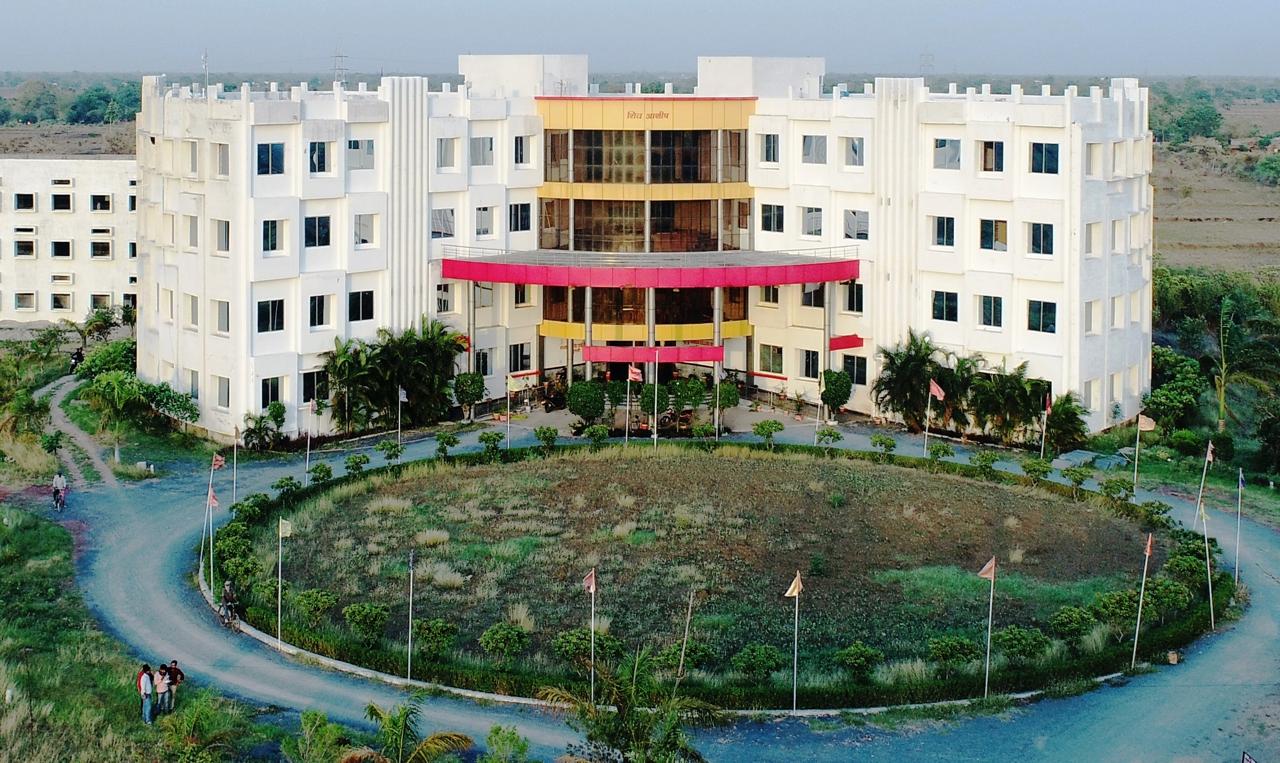




18 rectal cancer patients were given the same drug for six months and as a result of the treatment, cancer was completely obliterated in every patient. Watch for details.#Cancer #CancerCure #CancerTreatment
Though it seems unbelievable a major development has been witnessed in the treatment of cancer disease lately. In a recent drug trial it was observed that cancer vanished for every patient during a 6 months long small drug trial conducted in the US. The development is first time in human history.
As per reports, early trials of a drug to treat rectal cancer led to remission in every participant. According to New York Times, in a very small clinical trial, 18 patients took a drug called Dostarlimab for around six months, and in the end, every one of them saw their tumours disappear.
The study is published on Sunday (June 6) in the New England Journal of Medicine. The study is backed by drug maker GlaxoSmithKline.
The medication given, called dostarlimab and sold under the brand name Jemperli, is an immunotherapy drug used in the treatment of endometrial cancer, but this was the first clinical investigation of whether it was also effective against rectal cancer tumors.
The early results reported so far suggest it is surprisingly effective, with the research team saying the successful cancer remission seen in every trial patient may be unprecedented for a cancer drug intervention.
All of the patients in the study had a rare genetic signature in their tumors, known as mismatch repair deficiency. This means that cells are not as able to repair errors in DNA, a process that can lead to cancer. Eight of the 12 patients described in the New England Journal paper, including Roth, had Lynch syndrome, a genetic condition that causes mismatch repair and carries a much higher risk of colon cancer; Roth believes the condition may be why her father developed brain cancer, which killed him.
Dr Luis A. Diaz J. of New York’s Memorial Sloan Kettering Cancer Center said this was “the first time this has happened in the history of cancer”.
During the trial, it has been revealed that the patients took the drug every three weeks for six months. Notably, the patients were all in similar stages of their cancer.
















